MPR International – Product Certification Experts
MPR International GmbH is a trusted partner for product certifications in China, India, Korea, and Japan. Founded in 2005, MPR simplifies market entry offering services for certifications such as CCC certification for China, BIS certification for India, and KC certification for Korea, PSE certification for Japan, vehicle homologation, product tests and factory inspections. The headquarters of MPR International is in the global financial hub Frankfurt, Germany where more than 20 highly skilled experts support clients worldwide. In 2012 MPR also founded its subsidiary in the USA and supports clients from North America, Central America and South America. From 2024, MPR International is part of the CERTANIA Group – a leader in Testing, Inspection and Certification with over 1,600 employees and extensive testing capacities.
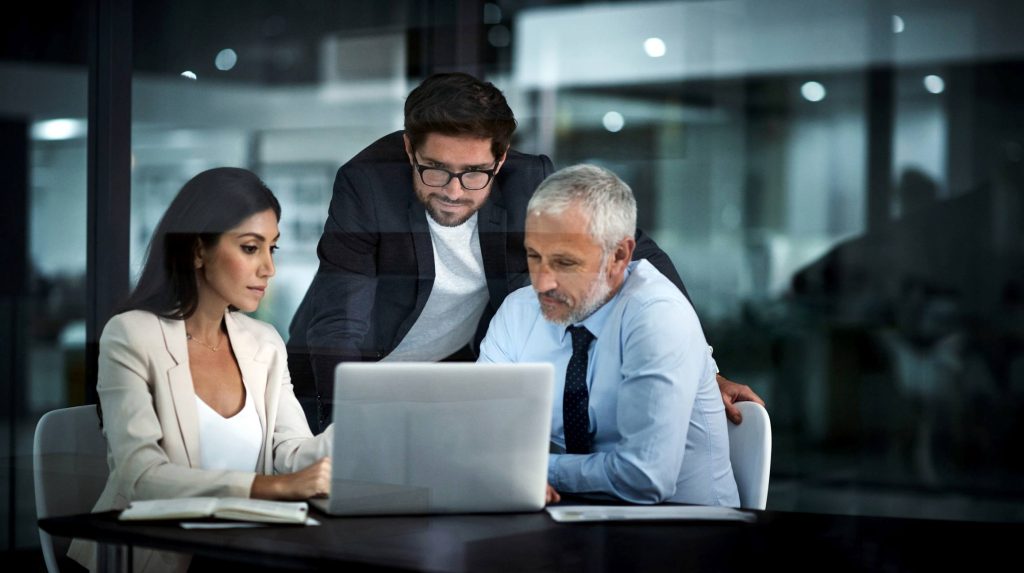
MPR International GmbH provides comprehensive support to facilitate product certifications through personalized consultation with our experienced advisors. MPR assess certification requirements of products, guides through certification processes and assists with document preparation. With long-term relationships with the relevant authorities and test labs, MPR handles all communications on behalf of their clients.
MPR also manages all necessary product testing and provides expert guidance on proper product labeling to meet regulatory standards, as well as organize and oversee follow-up certifications. MPR also informs their clients regularly about product-specific regulatory changes. MPR helps to achieve significant time and cost savings by streamlining these processes and minimizing potential delays or complications. MPR’s goal is to make the certification process as seamless and efficient as possible, ensuring successful and timely market entry in China, India, Korea and Japan.
Coway expands Compact Water Purifier Line for Smaller Homes
Coway, a major Korean home appliance manufacturer, is catering to the rising demand for compact water purifiers among young consumers. With 66 percent of Korean households—about 15 million—consisting of single individuals or couples without children, the company has shifted its focus to smaller, space-efficient products. These new water purifiers are specifically designed for compact living spaces and prioritize functionality. The company’s mini water purifier, for instance, operates without power, making it ideal for placement anywhere in a small home while incurring zero energy costs. Sales of this model have surged by over 70 percent this year. Water purifiers generally require KC Safety certification in order to be approved for registration and sale in Korea.
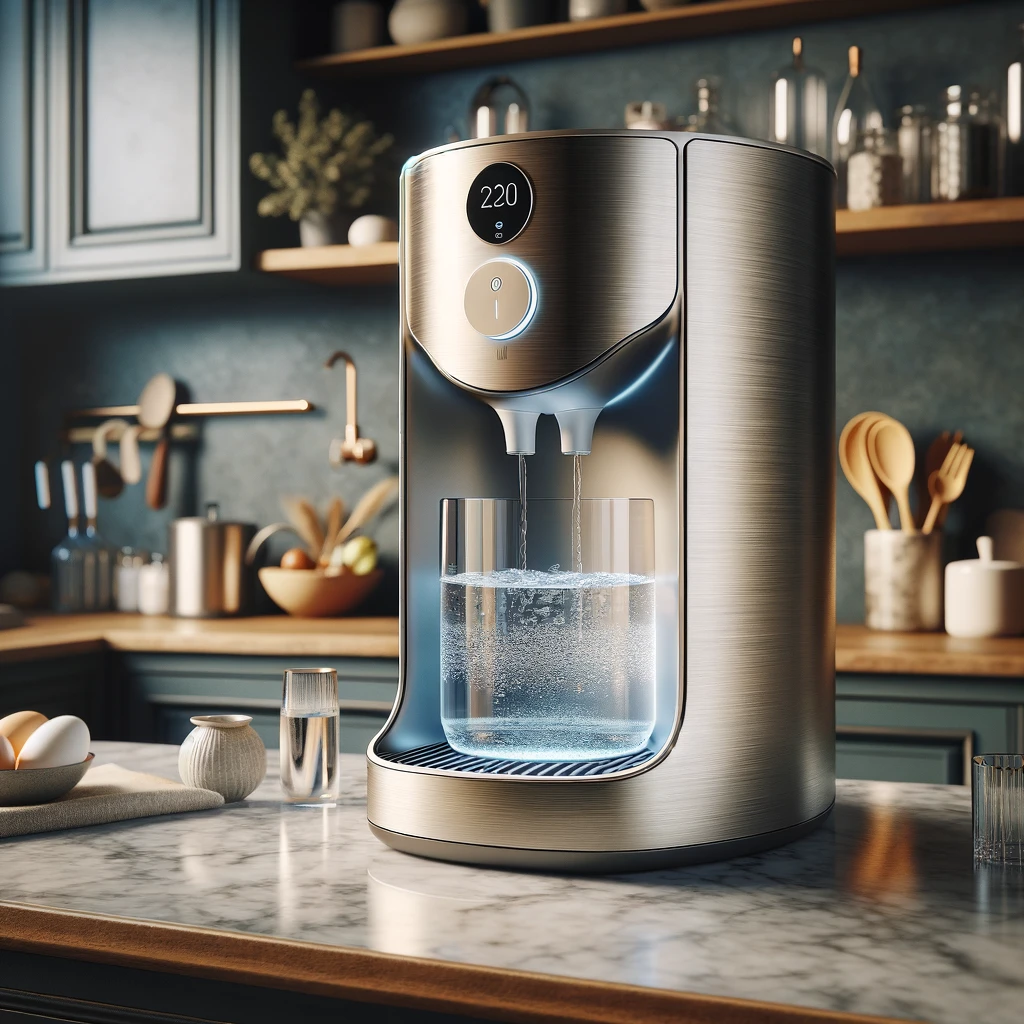
Coway’s slim water purifiers, including the popular Icon series, are designed to deliver clean drinking water without unnecessary auxiliary features. The Icon series, introduced in 2021, combines water purification with optional ice-making capabilities and has sold over 1 million units—a milestone for the company’s compact product line. Water purifiers in Korea generally require KC Safety certification to be approved for sale, ensuring compliance with stringent safety standards. Coway’s emphasis on compact designs aligns with the needs of modern households, offering functional solutions for smaller living spaces.
Feel free to contact us any time if you need assistance or have any questions regarding Korean certifications like KC, KC EMC, KCs, KCs for explosion safety products or KGS factory registration.
Tel. Europe: +49-69-271 37 69 261
Tel. US: +1 773 654-2673
Email: info@korea-certification.com
For more information you can download our free brochure “Korea Certification Made Easy – The Booklet“.
Samsung SDI Unveils Next-Generation Battery Lineup at Daegu Mobility Expo
Samsung SDI recently presented its latest battery technologies, from the prismatic P6 to advanced all-solid-state batteries, at the Daegu International Future Auto & Mobility Expo. Showcased as part of its cutting-edge electric vehicle solutions, the all-solid-state battery delivers 900 watt-hours per liter, featuring a cathode-free design that enhances safety over traditional lithium-ion batteries. Sample testing, conducted with client companies last year, received favorable feedback. Also on display was Samsung’s new 46-series cylindrical battery, a 46mm diameter model with higher capacity than the previous 21700 version, intended for micro-mobility applications like e-scooters and e-bikes, and slated for mass production in early 2024. In many cases, batteries and production-related equipment require KC Safety certification in order to be approved for introduction and distribution in Korea.
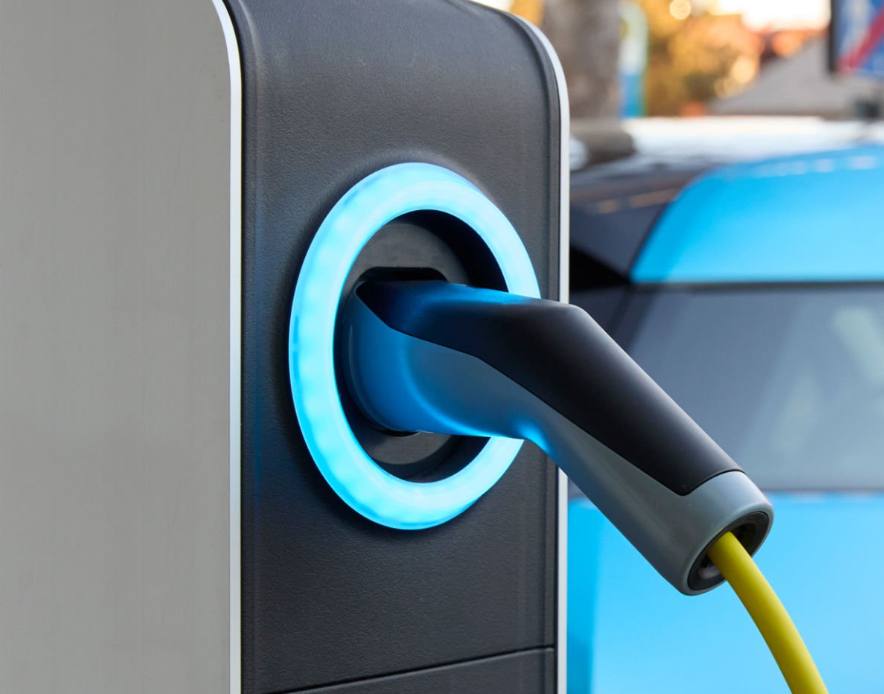
Samsung SDI also introduced an improved LFP+ battery with enhanced energy density, designed for commercial vehicles to deliver over 5,000 charge cycles and fast-charge up to 80% in 20 minutes. Additionally, the company showcased a moduleless cell-to-pack (CTP) design for cost-effective, high-energy-density battery packs. Alongside these innovations, Samsung SDI exhibited the BMW iX and other e-mobility products that incorporate or plan to integrate its battery technologies. In line with its ESG goals, Samsung SDI highlighted initiatives for sustainability, including the RE100 action plan and waste battery recycling. CEO Choi Yoon-ho emphasized the company’s commitment to leading the global mobility sector with “super gap” technologies and promised further advancements in next-gen batteries to support future mobility demands.
Feel free to contact us any time if you need assistance or have any questions regarding Korean certifications like KC, KC EMC, KCs, KCs for explosion safety products or KGS factory registration.
Tel. Europe: +49-69-271 37 69 261
Tel. US: +1 773 654-2673
Email: info@korea-certification.com
For more information you can download our free brochure “Korea Certification Made Easy – The Booklet“.
AI-based Optimization for 5G Base Stations
SK Telecom has announced that it will implement AI-based quality optimization technology in its 5G base stations in partnership with Samsung Electronics. This technology, known as the AI-Radio Access Network (AI-RAN) Parameter Recommender, is designed to optimize the performance of the commercial network. Through the use of artificial intelligence and deep learning, the two companies continuously analyze past performance data to improve mobile network operations. Telecom products require KC EMC certification to be approved for import and sale in Korea.

SK Telecom and Samsung have recently developed technology that automatically suggests optimal parameters for each base station according to the environment to boost network performance. Since the terrain and environment affect the signal strength and thus the quality of service, the Samsung Network Parameter Optimization AI Model helps to use resources efficiently and keep large cellular networks in clusters in optimal condition. In addition, SK Telecom’s AI technology can automatically optimize network adaptation by regulating signal output performance in areas with low signal strength or transmission errors.
Feel free to contact us any time if you need assistance or have any questions regarding Korean certifications like KC, KC EMC, KCs, KCs for explosion safety products or KGS factory registration.
Tel. Europe: +49-69-271 37 69 261
Tel. US: +1 773 654-2673
Email: info@korea-certification.com
For more information you can download our free brochure “Korea Certification Made Easy – The Booklet“.
World largest Hydrogen Liquefaction Facility built in Korea
SK E&S Co., a leading South Korean liquefied natural gas importer, has completed the construction of the world’s largest hydrogen liquefaction plant in Incheon, west of Seoul. This facility, expected to play a pivotal role in South Korea’s shift to a hydrogen economy, was built between 2021 and 2023 at a cost of 700 billion won ($513 million). It comprises three production units, each capable of producing 30 tons of liquefied hydrogen per day, along with six storage facilities with a capacity of 20 tons each. Equipment and components relevant to hydrogen production and storage typically require KGS certification to be approved for import and sale in Korea.
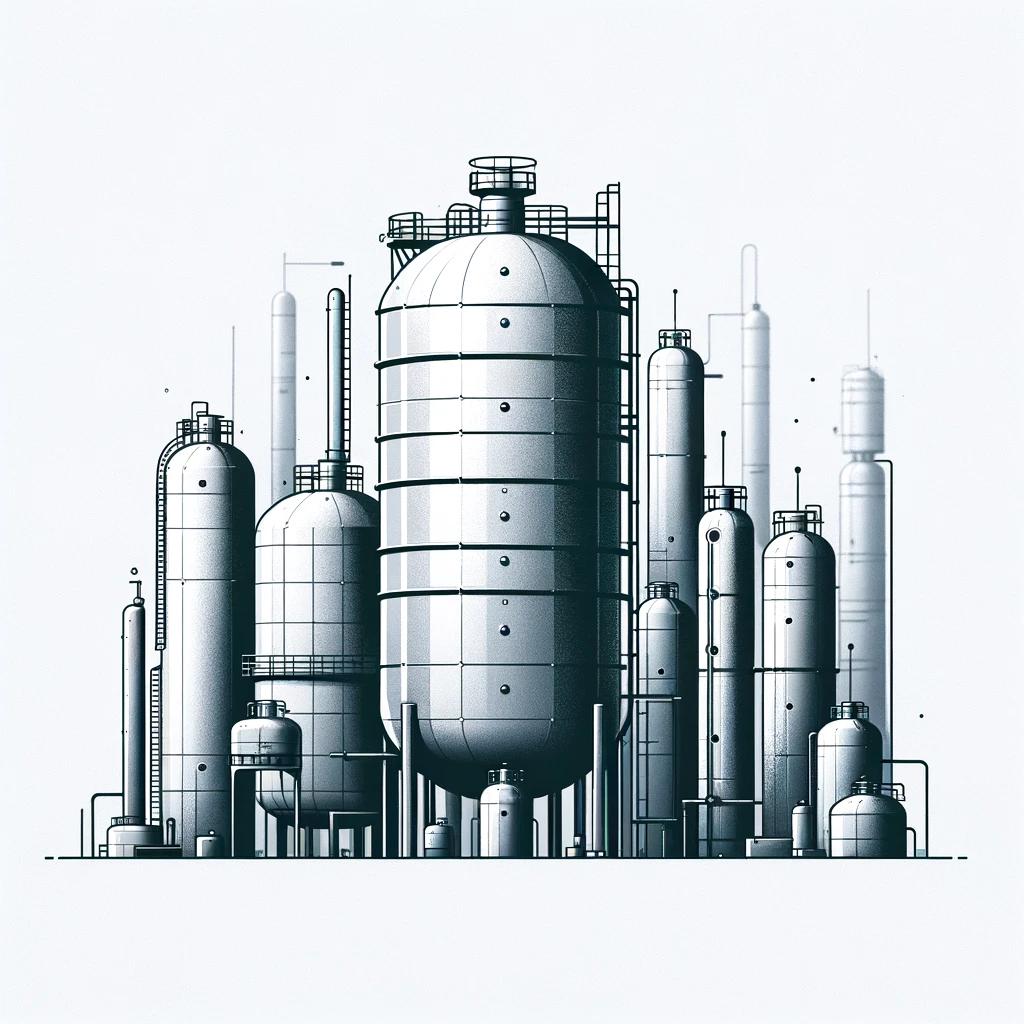
The plant, with an annual production capacity of 30,000 tons of liquefied hydrogen, purifies by-product hydrogen from SK Incheon Petrochem Co. into high-purity hydrogen and cools it to cryogenic temperatures of minus 253 degrees Celsius for liquefaction. The facility is capable of supplying hydrogen to fuel 5,000 buses and represents a key infrastructure development in the country’s hydrogen sector. SK E&S plans to establish 20 liquefied hydrogen charging stations across Korea this year, aiming to double that number by 2026.
Feel free to contact us any time if you need assistance or have any questions regarding Korean certifications like KC, KC EMC, KCs, KCs for explosion safety products or KGS factory registration.
Tel. Europe: +49-69-271 37 69 261
Tel. US: +1 773 654-2673
Email: info@korea-certification.com
For more information you can download our free brochure “Korea Certification Made Easy – The Booklet“.
Hyundai Motor expands Role in Hydrogen Value Chain and Infrastructure
Hyundai Motor Group is strengthening its leadership across the hydrogen value chain, focusing on everything from production to distribution of clean energy, beyond just hydrogen fuel cell vehicles. This initiative is supported by policy backing from the state of Georgia, where the group will complete its electric and hybrid vehicle plant in October. The facility, named Hyundai Motor Group Metaplant America (HMGMA), will serve as a logistics hub, utilizing Hyundai’s XCIENT hydrogen trucks for transport. Hydrogen production equipment and components generally require KGS certification to be approved for import and sale in Korea.
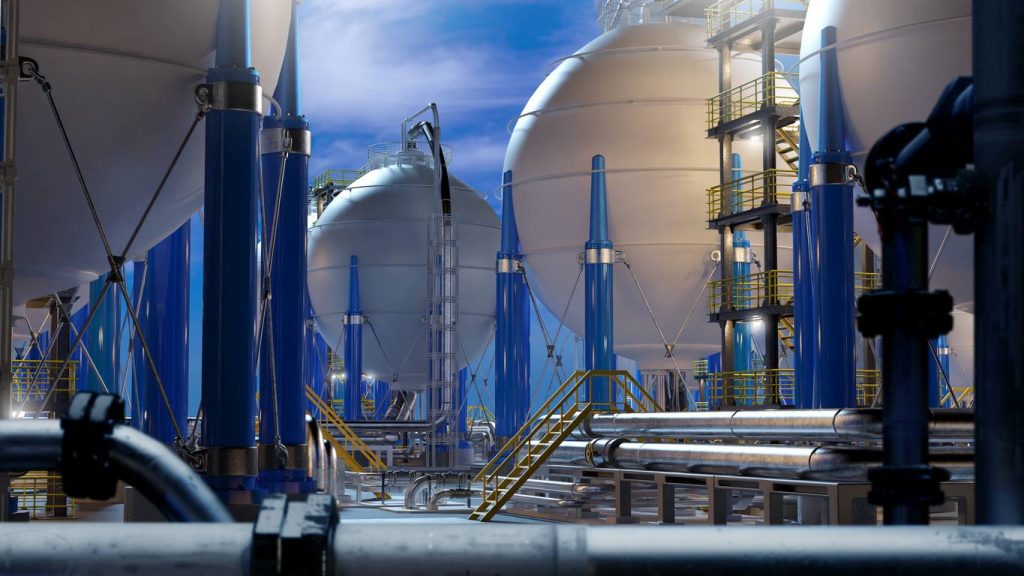
Hyundai is also exploring battery production and has signed supply deals for lithium hydroxide to support both hydrogen and EV batteries. Further expansion into hydrogen production includes partnerships with Indonesia’s Pertamina and upcoming hydrogen-fueled vehicle launches aimed at the U.S. market.
Feel free to contact us any time if you need assistance or have any questions regarding Korean certifications like KC, KC EMC, KCs, KCs for explosion safety products or KGS factory registration.
Tel. Europe: +49-69-271 37 69 261
Tel. US: +1 773 654-2673
Email: info@korea-certification.com For more information you can download our free brochure “Korea Certification Made Easy – The Booklet
SK Energy’s Gas CHP System to Cut Emissions and Boost Efficiency at Ulsan Complex
SK Energy Co., a subsidiary of SK Innovation Co., has introduced a new gas combined heat power (CHP) system at its Ulsan Complex (Ulsan CLX) in South Korea, aiming to lower its carbon footprint. The system, designed with proprietary technology in 2019, replaces a discontinued power boiler and is expected to reduce annual carbon dioxide emissions by 48,000 tons. Additionally, the company estimates energy cost savings of 19.1 billion won ($1.4 million) each year through the operation of the CHP. Power boilers used for the operation of refineries and chemical plants generally require KGS certification in order to be approved for import and sale in Korea.
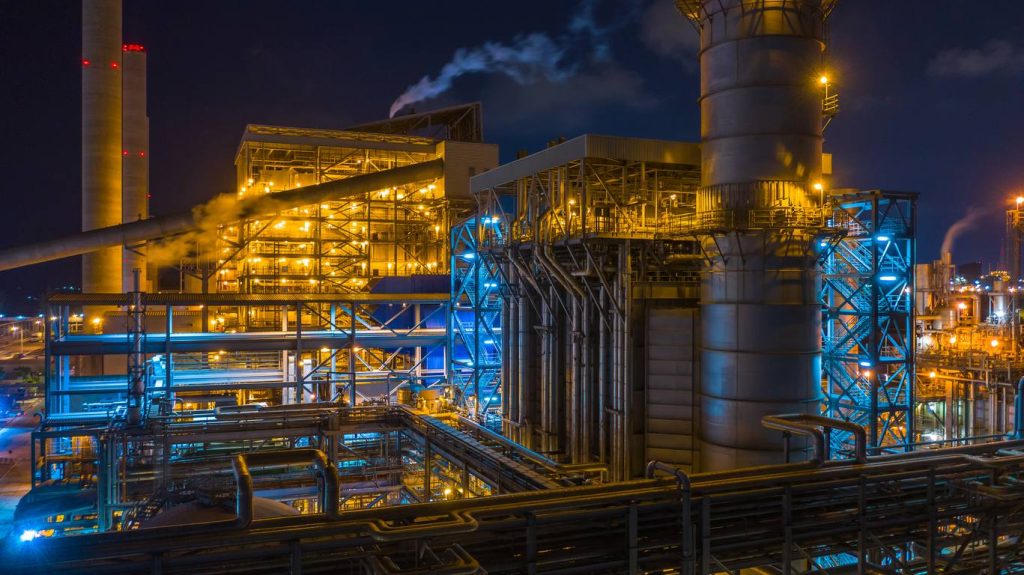
The gas CHP system optimizes energy efficiency by capturing heat from gas engine exhaust to run the power boiler, decreasing reliance on liquefied natural gas (LNG) as a fuel. The revived boiler, known as B101, was first installed in 1971 and decommissioned due to inefficiency. Now operational with CHP technology, the system generates 75.6 gigawatt hours (GWh) of electricity annually, securing stable power for Ulsan CLX. This development is part of SK Group’s broader investment strategy to transform Ulsan into an eco-friendly, smart industrial hub with a budget of 8 trillion won ($5.8 billion).
Feel free to contact us any time if you need assistance or have any questions regarding Korean certifications like KC, KC EMC, KCs, KCs for explosion safety products or KGS factory registration.
Tel. Europe: +49-69-271 37 69 261
Tel. US: +1 773 654-2673
Email: info@korea-certification.com For more information you can download our free brochure “Korea Certification Made Easy – The Booklet
Commercial Vehicle Plant in Korea switches to H2-powered Trucks and Buses
Hyundai Motor Co. plans to convert its Jeonju commercial vehicle plant into a center for producing hydrogen-powered trucks and buses. This shift comes as the company faces increasing competition from Chinese and European electric vehicles. The plant, located in North Jeolla Province, currently manufactures electric buses, such as the County EV, alongside hydrogen-powered vehicles and mid-size trucks. The upgrade aims to boost the plant’s operating rate, which has remained at about 40%, even though it has an annual production capacity of 100,000 vehicles. Hyundai expects this transition to significantly increase hydrogen vehicle production. Hydrogen-related products like pressure vessels usually require KGS certification in order to be approved for import and sale in Korea.
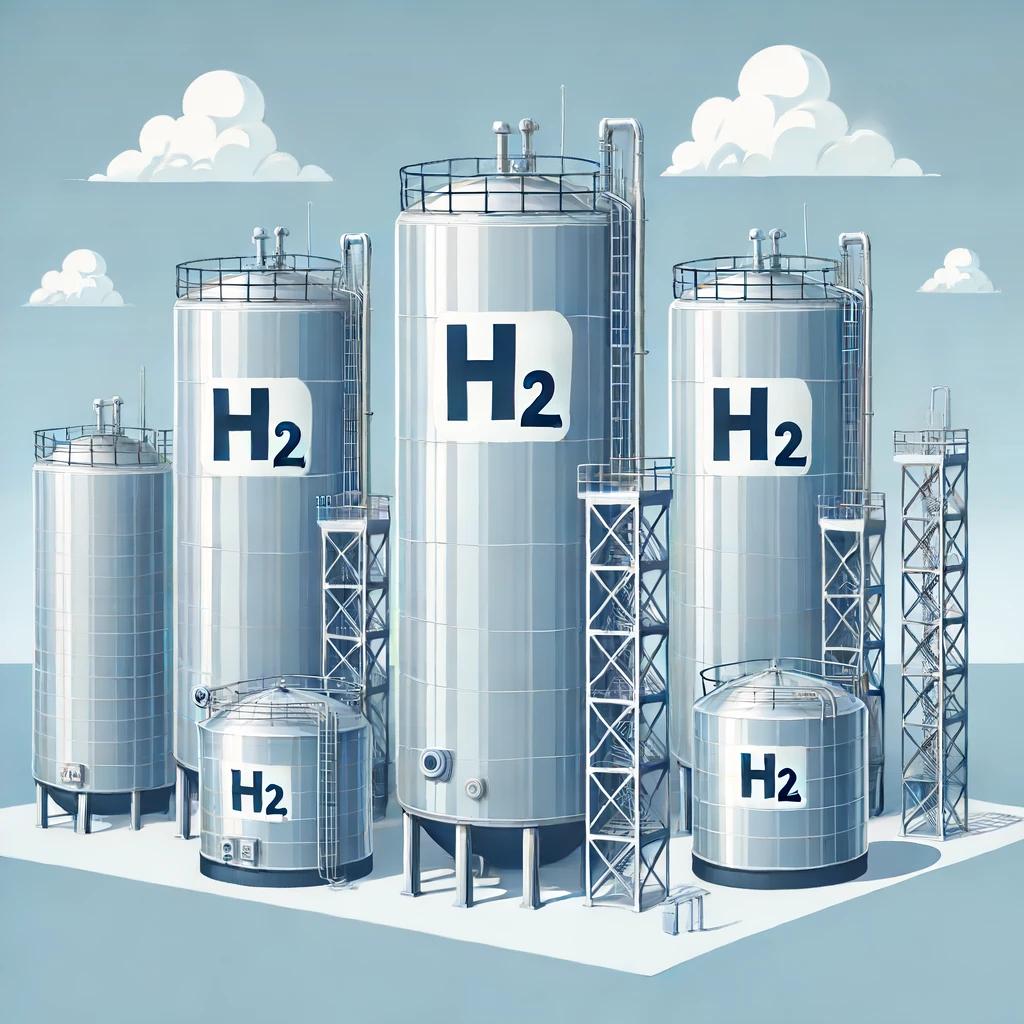
The Jeonju plant has already ramped up production of hydrogen fuel cell buses to 3,100 units annually, from 500 the previous year. This year, the factory will begin manufacturing hydrogen-powered trucks, refrigerated vehicles, and tractors based on Hyundai’s Xcient model. By 2027, it plans to develop new hydrogen-powered express and metropolitan shuttle buses. The decision comes amid aggressive competition from Chinese and European vehicle manufacturers, which have gained a significant share of the Korean market for large electric buses and imported trucks.
Feel free to contact us any time if you need assistance or have any questions regarding Korean certifications like KC, KC EMC, KCs, KCs for explosion safety products or KGS factory registration.
Tel. Europe: +49-69-271 37 69 261
Tel. US: +1 773 654-2673
Email: info@korea-certification.com
For more information you can download our free brochure “Korea Certification Made Easy – The Booklet“.
SK hynix invests over 77 Bil Dollar in AI and HBM Semiconductor Market
SK hynix has announced a significant investment plan of 103 trillion won (approximately $7.63 billion) over the next five years to strengthen its position in the semiconductor market, particularly in the field of High Bandwidth Memory (HBM). This initiative focuses on advancing next-generation memory technologies and expanding production capacity to meet the growing demand in the artificial intelligence (AI) sector. The investment reflects SK hynix’s commitment to maintaining leadership in the AI semiconductor ecosystem. Products and components relevant to production equipment for semiconductor production usually require KCs Certification in order to be approved for import and sale in Korea.
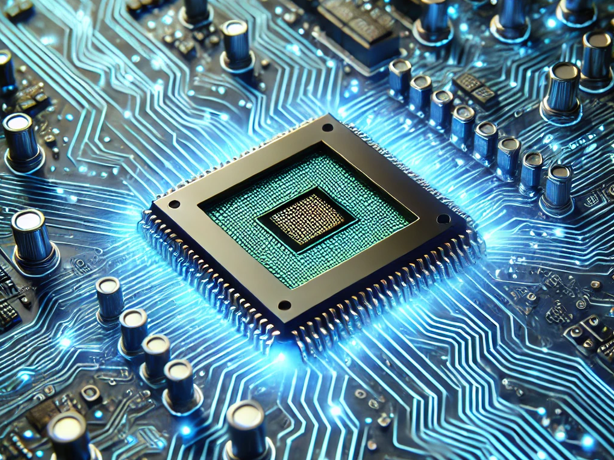
The investment, unveiled during a management strategy meeting in Icheon, Gyeonggi Province, will see around 80% of the funds allocated to AI-related sectors, especially HBM memory. This expansion is critical as the market for AI and memory semiconductors, though currently small, is projected to experience exponential growth in the coming years.
Key facilities under construction, such as the Yongin semiconductor cluster and the M15X in Cheongju, along with an advanced packaging factory in Indiana, U.S., are expected to bolster SK hynix’s production capabilities and solidify its dominance in the global memory market.
Feel free to contact us any time if you need assistance or have any questions regarding Korean certifications like KC, KC EMC, KCs, KCs for explosion safety products or KGS factory registration.
Tel. Europe: +49-69-271 37 69 261
Tel. US: +1 773 654-2673
Email: info@korea-certification.com
For more information you can download our free brochure “Korea Certification Made Easy – The Booklet“.
HD Hyundai XiteSolution Deploys Korea’s Largest Hydrogen Forklifts
South Korea’s HD Hyundai XiteSolution has recently introduced four 5-ton hydrogen forklifts at Korea Zinc Inc.’s Onsan Refinery. These forklifts will be utilized to collect data on their performance and durability in real-world conditions. Notably, these are the largest hydrogen-powered forklifts currently deployed at any logistics site in the country. With a loading capacity 1.7 times greater than the 3-ton models from other domestic manufacturers, these forklifts are particularly well-suited for heavy-duty tasks in locations such as ports and logistics centers. Hydrogen-related products like pressure vessels usually require KGS registration in order to be approved for import and sale in Korea.
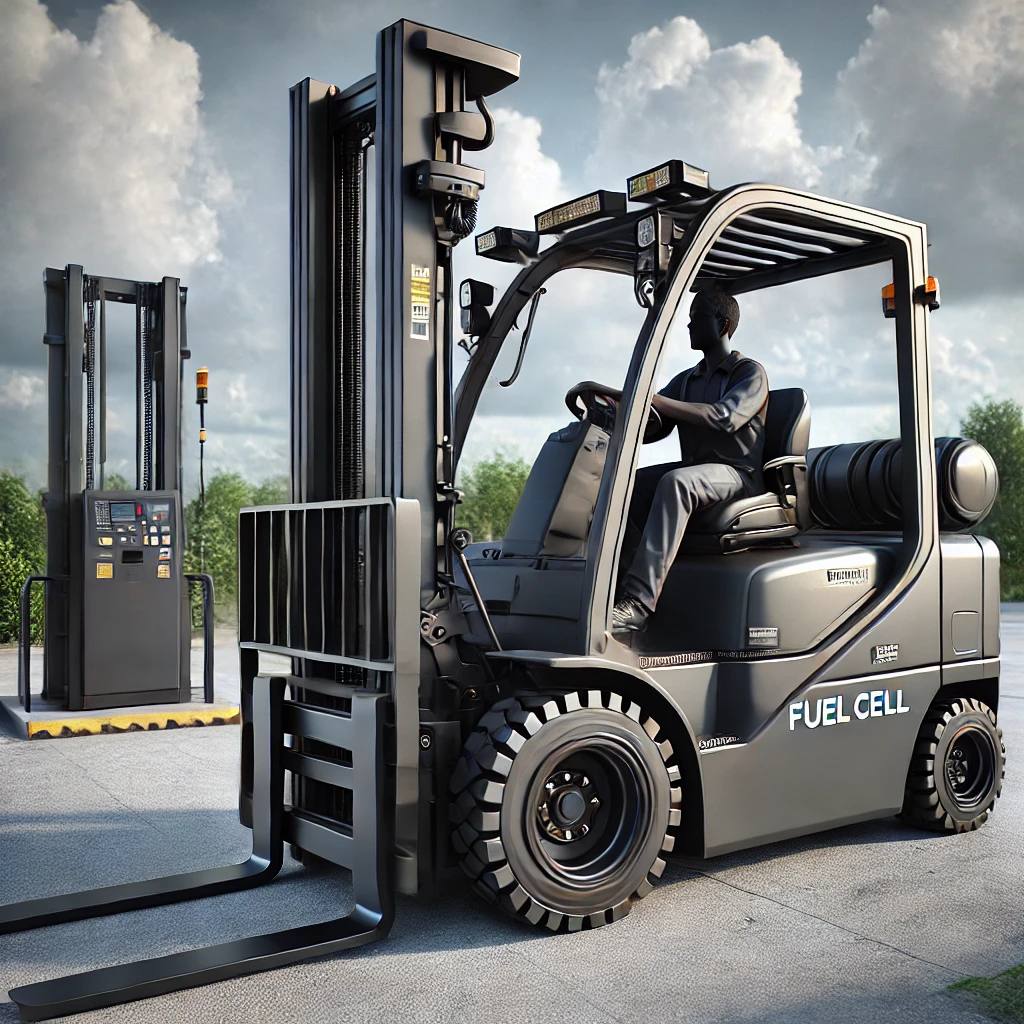
The forklifts are powered by a hydrogen fuel cell power pack with a 50kW capacity, allowing for a full charge in just 5 minutes and up to 5 hours of operation. This makes them more efficient than electric battery forklifts, which require 4-6 hours of charging. Additionally, they are capable of functioning in extreme temperatures, ranging from -30°C to 60°C. HD Hyundai XiteSolution is positioning itself to lead the market for large hydrogen forklifts, projecting that the hydrogen forklift market will expand more rapidly than the general hydrogen vehicle market. According to research cited by the company, the global hydrogen fuel cell forklift market was valued at $377 million in 2023 and is expected to grow to $2.255 billion by 2030.
Feel free to contact us any time if you need assistance or have any questions regarding Korean certifications like KC, KC EMC, KCs, KCs for explosion safety products or KGS factory registration.
Tel. Europe: +49-69-271 37 69 261
Tel. US: +1 773 654-2673
Email: info@korea-certification.com
For more information you can download our free brochure “Korea Certification Made Easy – The Booklet“.



